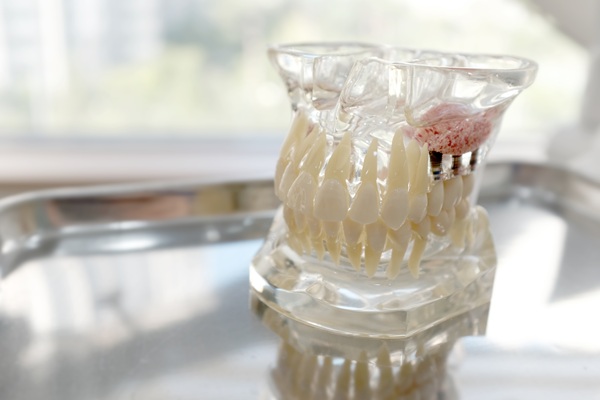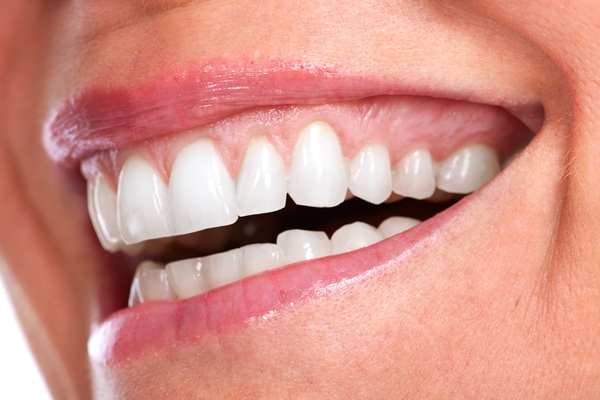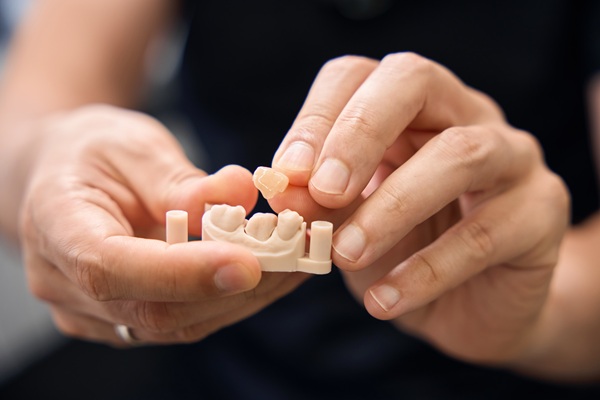What You Should Ask Your Dentist Before a Bone Grafting Procedure

Patients who lack sufficient jawbone density for dental implants and other restorative procedures may need to undergo dental bone grafting. Common reasons for jawbone loss include periodontal disease, tooth extractions, tooth trauma, developmental deformities, and teeth that are not in proper alignment. Whatever the cause, a bone graft can help return density to the jawbone, which is needed to support a person's facial features and oral health and make them eligible for certain dental procedures.
What to ask a dentist before a bone grafting procedure
When choosing a dentist to perform a bone grafting procedure, a patient should bring a list of questions so they can get the detailed answers they need. The list below includes some more important questions patients should ask their dentist before undergoing a bone grafting procedure.
Is the bone grafting procedure painful?
Undergoing a bone grafting procedure is going to cause some level of discomfort. Many people will take an over-the-counter pain reliever, while others will ask their dentist for a prescription. It depends on the extent of the procedure and one's pain tolerance when deciding how to manage discomfort. Often patients find that with proper care, any discomfort fades quickly.
What types of bone graft materials are available?
Four types of materials are typically available to those needing bone grafting treatment. The four material choices are bone tissue from the patient, tissue from a donor, animal tissue, and synthetic bone material. When choosing one, the patient and dentist should decide together after the dentist evaluates the patient's case and makes recommendations.
How long does the procedure take?
The length of a bone grafting procedure relies on a number of factors. For one, the dentist must consider the complexity and extent of the procedure. For example, simple procedures may only take about 20 minutes, while more complex bone grafting procedures may take up to 90 minutes or more.
How long is the recovery process?
The recovery time will depend on the extent and complexity of the procedure as well. Another factor is the patient's health, as a healthy body recovers more quickly. This means the bone grafting recovery process can last anywhere from two to 14 weeks. Because the recovery process can be fairly long, it is essential for anyone who undergoes this surgical process to carefully follow all recovery instructions given by their dentist.
Ready to make an appointment?
Losing jawbone density can happen to anyone and affects oral health and facial structure. In addition, jawbone loss can affect a patient's eligibility for certain dental procedures, like dental implants. The best way to determine if a bone grafting procedure is right for you is to talk to a dental professional who performs the procedure. While the questions above will provide you with useful information, chances are you still have questions. Contact us today. We look forward to helping you restore and maintain your oral health.
Request an appointment here: http://villagecenterdentistry.com or call Village Center Dentistry at (281) 644-0134 for an appointment in our Katy office.
Check out what others are saying about our dental services on Yelp: Bone Grafting in Katy, TX.
Related Posts
Dental veneers create a brighter, more uniform smile and often help correct cosmetic concerns that make teeth look uneven or worn. Many patients want improvements that look natural while still enhancing confidence in everyday settings. Veneers offer a versatile option for refining color, shape, and symmetry in some cases without extensive orthodontic treatment. A dentist…
An implant crown is made of strong and safe materials to give the patient a reliable long-term replacement option for missing teeth. If you have questions about the materials used to make an implant crown, this review can help you understand what exactly each component is made of and why dentists use these particular materials.There…
Denture repair is a common need for patients who wear partial or full dentures. While these oral appliances are strong, they are prone to breaking because of their delicacy. When a break occurs, it can be hard to know whether a denture repair can take place or if a complete replacement is necessary. Thankfully, patients…
A dental crown is a long-lasting dental restoration that helps restore the strength, appearance, and function of a severely damaged tooth. While these restorations are strong, proper dental crown care ensures their durability and prevents potential complications. The following guidelines can help you preserve your newly restored tooth and maintain your long-term oral health.A dental…


